Customer retention.
It’s one of the most worthy investments a business can make.
Its goal is to retain as many customers as possible. After all, a loyal customer is worth much more than a new customer.
Here’s the problem: companies drive customers away with poor customer retention initiatives (or a complete lack of a customer retention strategy!).
But before you can understand how to effectively retain customers, you first must understand why they leave.
Here are some of the biggest reasons why customers defect:
- Poor customer service – 82% of people have stopped doing business with a company because of bad customer service.
- Lack of customer appreciation – 53% of customers have switched companies because they felt unappreciated.
- Their needs are ignored – All too often, companies don’t implement customer feedback or respond to complaints in a timely manner.
- Unexpected issues arise – The customer may signup for a product expecting it go smoothly, but they inevitably run into frustrating issues that they weren’t anticipating.
So, how do you stop your customers from cancelling? You need to combat these reasons for cancelling and employ the right customer retention strategies. And often times, it doesn’t have to be complicated. The tactics below are simple but effective.
Here’s where to start:
1. Show More Customer Appreciation
Customer appreciation is the measure of your effort towards your customers.
It’s a way to show your customers that you care about them and that you’re grateful for their business. And when you enact initiatives to show customer appreciation, your customers are more likely to be loyal.
Here are some customer appreciation initiatives you can start:
Create customer loyalty programs
Customers want to be rewarded for their loyalty, and that’s exactly what a loyalty program aims to do.
Here are some common customer loyalty programs for SaaS companies:
- Offer customers an annual discount
- Offer customers small, incremental discounts the longer they stay with you
- Surprise customer with new free features, upgrades, or random rewards (like extra storage or a percentage discount for the year)
And here are some common customer loyalty programs for ecommerce companies:
- Provide them with exclusive deals on products
- Offer free shipping on certain products
- Customer rewards programs
For example, Neiman Marcus, a retail clothing company for women, created an “InCircle” loyalty program. It rewards customers for every dollar they spend. When customers accumulate enough points, they can enjoy rewards like wardrobe consultation, gift cards, and more.
Send a thank you email
Here, you thank the customer for making their purchase. But you also do the following:
- Confirm they’ve received their product or service
- Direct them to other helpful resources
- Ask if they need any help getting started
- Ask if they have any questions or feedback
Derek Sivers, founder of CD Baby, wrote perhaps one of the best post-purchase “Thank You” emails of all time. It helped generate thousands of sales and even went viral.
Here is how powerful thank you emails can be: Remarkety found that thank you emails receive 42.51% open rates, 18.27% click rates, and a 10.34% conversion rate. For inspiration on crafting a great thank you email, check out Really Good Email’s collection.
Reward customers for special events
Consider sending emails with discounts and special offers during their birthdays, holidays, and customer anniversaries. This makes the customer feel like you remember them and truly appreciate doing business with them.
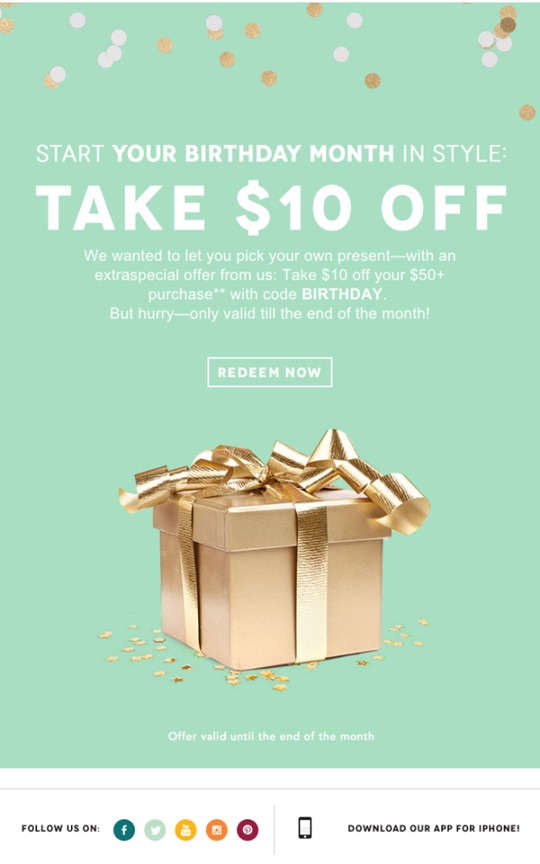
Sending something physical via snail mail is also a good option. MailLift offers marketers the option to send handwritten letters.
2. Implement Customer Feedback
Don’t just take customer feedback and forget about it. Consider how you can apply that customer feedback to improve your products and services.
Of course you can’t act on every piece of feedback – no company has the resources to do that, and even if you did, you wouldn’t want to.
What’s more important is to look at the trends within the customer feedback. That will give you a sense of what your customers want the most.
Here are some of the best ways to gather customer feedback:
- Survey your customer email list – You can start by going through the Net Promoter Score and asking them one simple survey question: “On a scale of 0 to 10, how likely are you to recommend this company’s product or service to a friend or a colleague?”
- Monitor social media – Look for trends and common issues that customers bring up on your various social media pages.
- Feedback boxes on your site – You can add a simple question to the feedback box, like “How can we make this page better for you?” and place it in your website footer.
- Review on-site activity and see how your customers interact with your site and its features – For example, if your FAQ page has a 10 second average on-page time and a high bounce rate, it’s a sign that you may need to communicate things more clearly.
3. Proactive Customer Service
Good customer service is key to every customer retention initiative. But you should also be proactive with it.
Research your customers, anticipate their wants, needs, and next moves, and try to handle potential customer problems before they pop up.
To do this, you can create customer personas and map out their wants and needs.
You can also look at trends and common questions that customers ask you in email and social media. If a question keeps popping up, it’s a sign that you need to do something to address it before it becomes a deal-breaking problem for your customer base.
Quickly handle any customer issues that arise. Some are more urgent than others – a customer asking Charter why their internet isn’t working requires a different response time than an enterprise customer asking why their bill arrived 2 days earlier than usual.
A good rule of thumb is to reply to any issue within 24 hours. Equally important is to ensure that issues get resolved quickly. Lingering issues are a sure-fire way to cancellation.
Notice below how JetBlue quickly responds to its customers’ questions on Twitter:
4. Better Content Marketing
In-depth blog posts, how-to guides, actionable content, Instagram pictures…
This kind of content marketing will help you build a better relationship with customers and keep them coming back to you as a resource, and perhaps even for entertainment as well.
Whole Foods
Whole Foods knows that healthy eating is important to customers. So they launched a blog, Whole Story, to educate customers on healthy eating, new products, and even sharing some recipes.
They also post consistently, so customers know they can expect helpful content every week. For these customers, it’s a constant reminder why they love shopping at Whole Foods.
Movement Watches
MVMT (Movement Watches) opts to focus more on a different channel for their content marketing – Instagram.
The brand’s customers value adventure, class, travel, and style. So, MVMT fills their Instagram with pictures and captions that match those values. In doing so, their followers are constantly (but subtly) exposed to new MVMT products while also being reminded how well the MVMT brand matches their values.
5. Answer the Phone!
There are few things more frustrating to a customer than when nobody is on the other end of the line to hear out their problems.
And as you can see below, the majority of consumers still prefer the phone as their main channel of communication with companies.
As customer experience continues to become an even bigger part of the buying cycle, it’s important for businesses to think of all of the critical elements that go into it. How will you treat them after the purchase, how fast are you at resolving issues and answering questions will be a huge differentiator from your competition.
Here are a few things you should consider when creating the ultimate phone customer experience:
- Make getting in touch as easy as possible – List your phone number throughout your site, and make it easy for visitors to contact your business.
- Be available around the clock – Don’t just answer the phone during business hours. Aim to be available after hours as well, so that customers aren’t left disappointed when by getting sent to voicemail.
- Don’t make customers wait – Have the right amount of staff to handle incoming calls, so that you don’t force your customers to suffer through long wait times.
- Reps who know your product/service well – Train your reps and in-house team so they can appropriately respond to customer questions and concerns on the fly.
Conclusion
You won’t be able to keep 100% of your customers. Some will fall off due to reasons outside of your control, or simply because they no longer need your product or service. However, you can dramatically increase customer retention by following the strategies outlined here.
Remember, the 3 keys are: great customer service, customer appreciation, and a close eye on customer needs.
About the Author: Parker Davis is the CEO of Answer 1, a leader in the virtual receptionist and technology enabled answering services industry. He believes that the application of data analytics, investment in technology, and fostering a positive company culture together create highly efficient and scalable growth companies. Parker is also the Managing Partner of Annison Capital Partners, LLC.
source https://blog.kissmetrics.com/solve-customer-retention-problem/
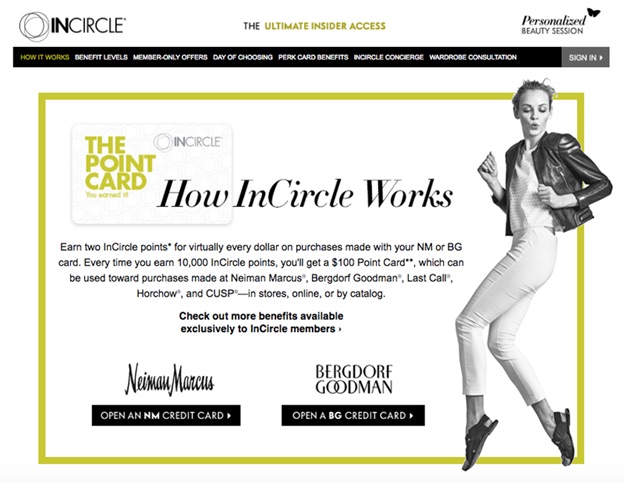
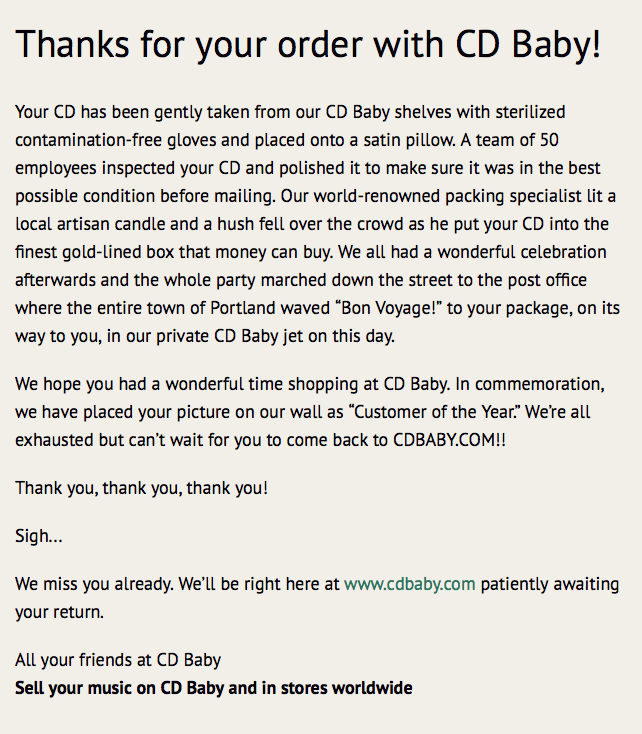

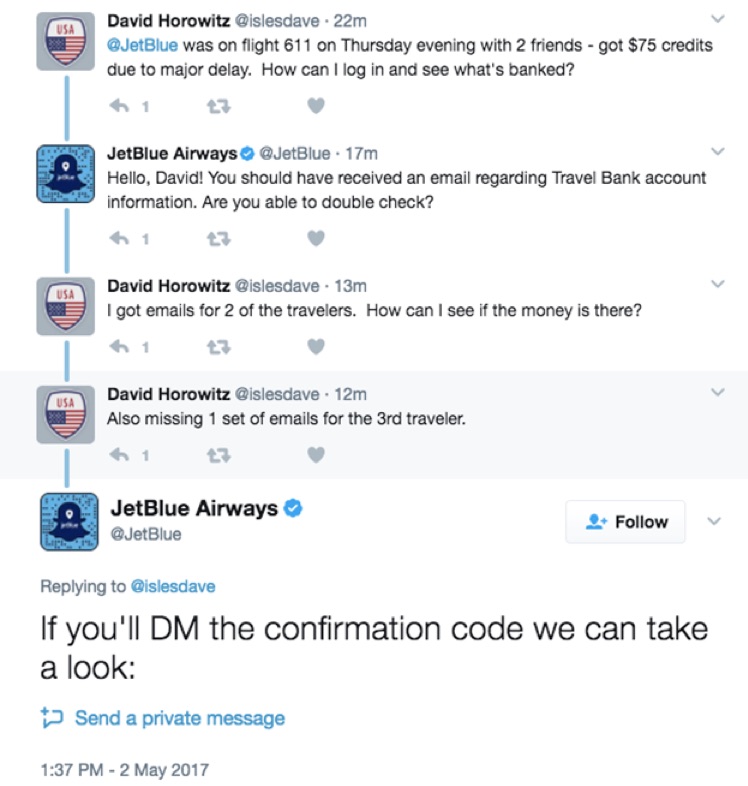

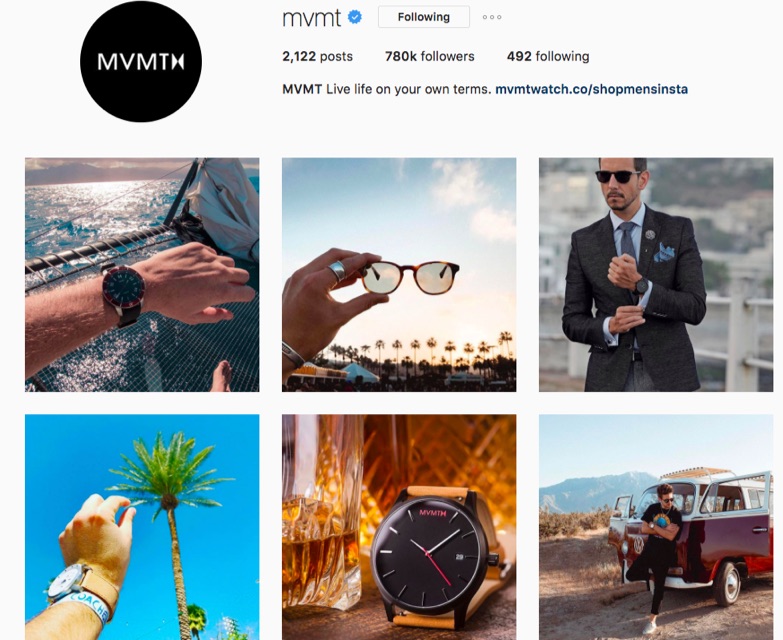
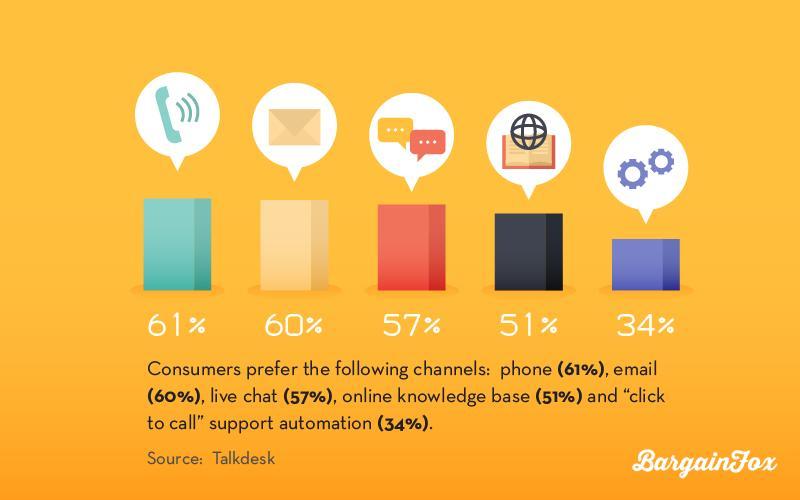
No comments:
Post a Comment